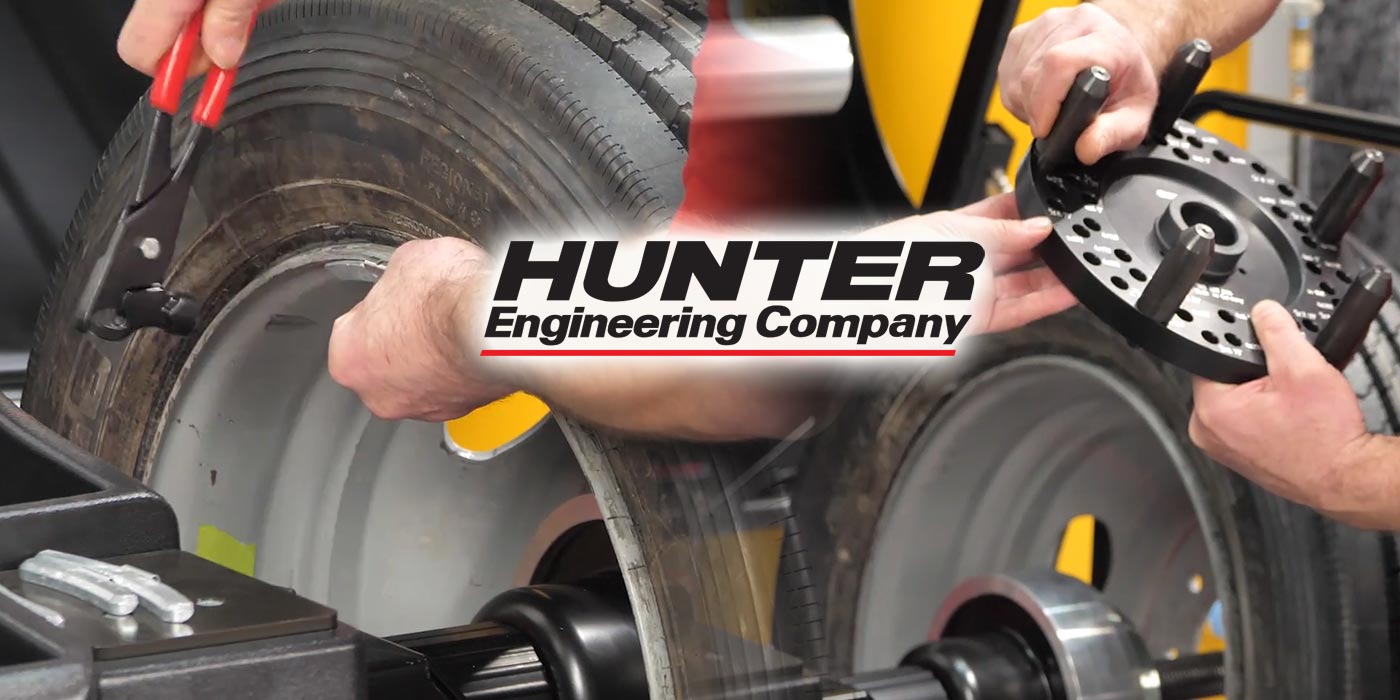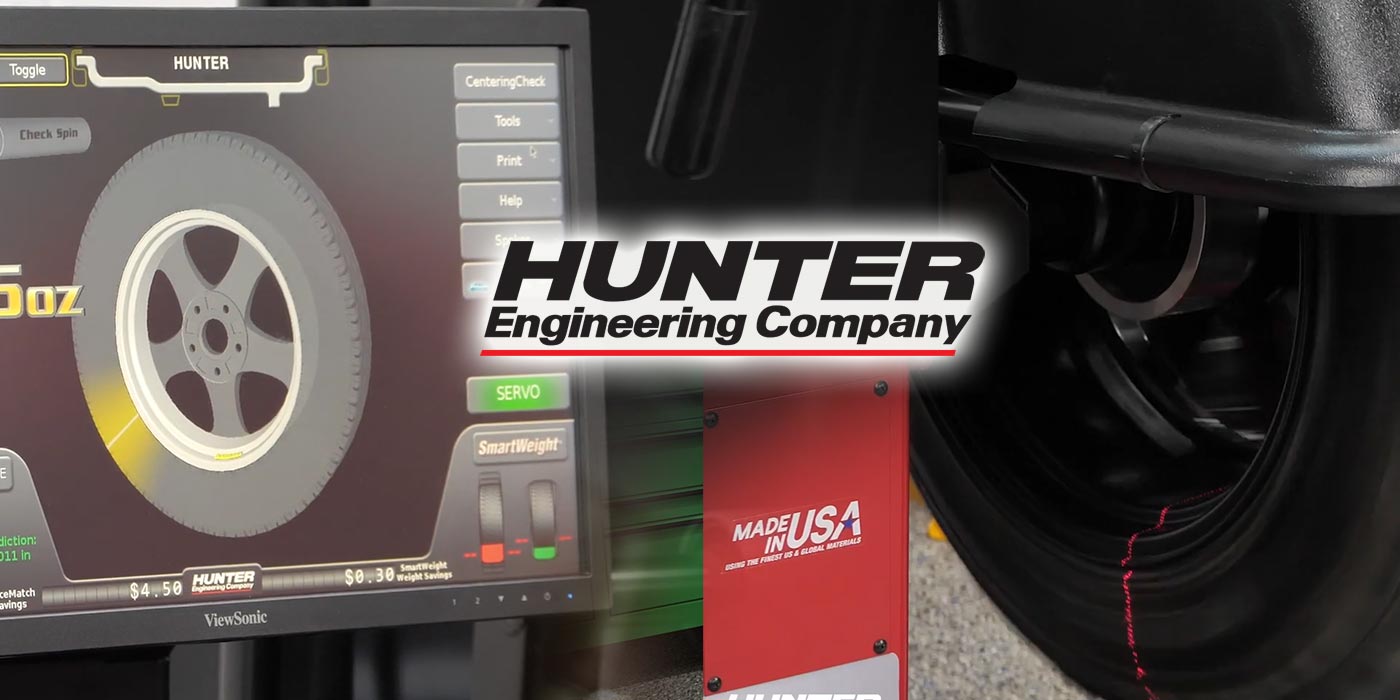Do you believe in miracles? They say that around 2,200 years ago when the Jewish rebels took down the tyrant king and reclaimed the holy temple in Jerusalem, they thought they only had enough oil to keep the menorah lit for a single night. But then a miracle occurred, and the oil lasted for eight days instead.
Now, miracles are great and all, but if this scenario should occur within the engine of one of your trucks, don’t consider it a miracle; consider it a problem.
Click here to watch more of FE’s On the Road video series.
Obviously, your truck depends on you using the correct lubricants at its various wear points to operate properly. The engine is one such component that is absolutely dependent on proper lubrication.
Now every engine uses oil no matter how new or old it might be. As a result, just about every manufacturer and service shop and, even this show, recommends inspecting the engine oil level of your trucks daily. And over time, typically, it makes sense that you’ll see that level going down. Unless someone is adding oil to the engine and creating an overfill situation, you shouldn’t find more oil miraculously appearing over time.
If the engine oil volume is increasing, you can expect to find a leak somewhere in the engine system. Now, if this is the case, there are several areas to look first to try and catch the culprit.
First, you might be dealing with an internal coolant leak. A significant internal coolant leak will result in a sort of “foaming” – the evidence of which can be found on the oil fill cap as well as the oil dipstick. Keep in mind, though, that if the internal coolant leak is relatively minor, it might not be so obvious, because the ventilation system within the crankcase – the housing for the crankshaft – removes some of the liquid as it turns to steam. So, you may need to turn to the professionals to perform a proper engine oil analysis to detect coolant in the engine oil.
Another common way the engine oil level may increase in a diesel engine is thanks to unburned fuel passing by the piston and rings. This may happen because of a leaking injector nozzle, or an injector that allows too much fuel into the combustion chamber.
Fuel can also enter the oil through the combustion chamber if the engine temperature is too low. If you fear this might be the case, look to the components that regulate coolant and airflow to see if they are allowing the engine to operate at an inefficient temperature.
Keep in mind too, that fuel could even be leaking into the lubrication system from an internal fuel line, channel, or gasket, so keep your eyes open.
Bottom line, always check with your OEM and lubrication provider for information about fluid capacity and specifications. They’ll be your best resource to put this “miracle” behind you.













